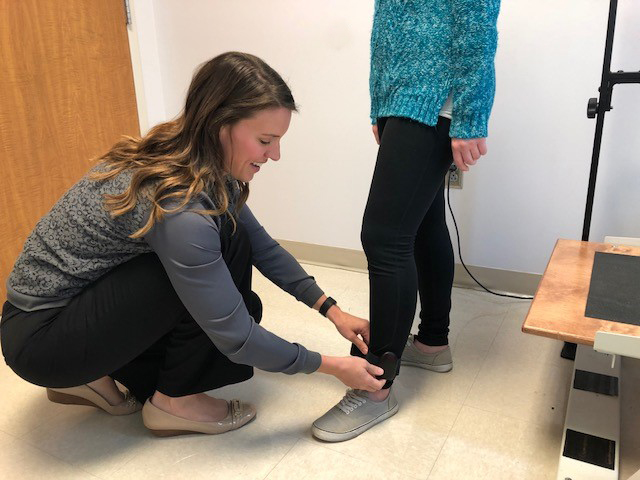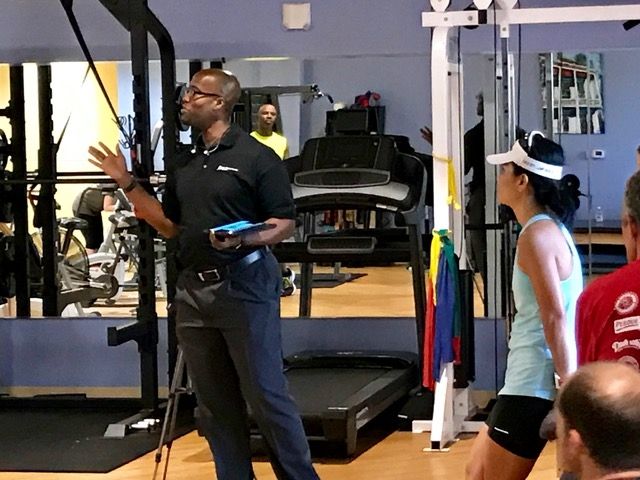
Pain Counseling for Children and Adolescents
Pain is a universal human experience, and children and adolescents are no exception. From the occasional headache to more complex issues like chronic pain conditions, young individuals can face discomfort that significantly impacts their lives. Pain management for children and adolescents requires a specialized approach that addresses their unique needs and developmental stages. In this blog post, we’ll explore the importance of pain counseling for young patients and discuss how tailored approaches can help them manage pain effectively.
The Unique Challenges of Pediatric Pain
Pain in children and adolescents differs from that experienced by adults in several ways:
- Communication: Younger individuals may have difficulty articulating their pain, making it challenging for healthcare providers to assess its intensity and location accurately.
- Developmental Stages: Children and adolescents are continually growing and developing, which can affect how their bodies perceive and respond to pain.
- Emotional Impact: Pain can have a profound emotional impact on children and adolescents, potentially leading to anxiety, depression, or behavioral changes.
- Social Interaction: Pain can disrupt a child’s ability to engage in social activities, school, and sports, impacting their overall quality of life.
- Family Dynamics: A child’s pain often affects the entire family, requiring support and understanding from parents and caregivers.
Given these unique challenges, a multidisciplinary approach to pediatric pain management is essential. Pain counseling plays a crucial role in this approach, focusing on the emotional and psychological aspects of pain and tailoring interventions to meet the specific needs of younger patients.
The Role of Pain Counseling for Children and Adolescents
1. Pain Education
Pain counselors work to educate children and adolescents about the nature of pain. By using age-appropriate language and visuals, they help young patients understand what’s happening in their bodies, reducing fear and uncertainty.
2. Communication Skills
Effective communication is vital in pain management for young patients. Pain counselors teach children and adolescents how to express their pain clearly to parents, caregivers, and healthcare providers, ensuring they receive appropriate care and support.
3. Coping Strategies
Pain counseling equips young patients with coping strategies to manage their discomfort. These strategies may include deep breathing exercises, guided imagery, progressive muscle relaxation, and distraction techniques, all tailored to the child’s developmental stage.
4. Behavioral Interventions
Children and adolescents may experience disruptions in their daily lives due to pain. Pain counselors introduce behavioral interventions to help young patients gradually resume activities and maintain a sense of normalcy.
5. Emotional Support
Managing pain can be emotionally challenging for young individuals. Pain counselors provide emotional support, creating a safe space for children and adolescents to express their feelings and concerns.

The Importance of Family Involvement
Pain counseling for children and adolescents often includes family members as active participants. Here’s why family involvement is crucial:
- Support: Parents and caregivers play a vital role in a child’s pain management journey. They need guidance on how to support their child effectively.
- Understanding: Family members must understand the child’s pain condition, treatment options, and the importance of consistent communication.
- Emotional Support: Pain can be emotionally taxing for both the child and their family. Family involvement can provide emotional support and improve overall family dynamics.
- Treatment Compliance: Families are responsible for ensuring that young patients adhere to treatment plans, including medications and therapy exercises.
Tailoring Approaches to Developmental Stages
Pain counseling recognizes that children and adolescents have unique developmental needs. Therefore, interventions must be tailored to their age and stage of development:
1. Preschoolers (Ages 3-5)
- Simplified Language: Counselors use simple, concrete language and age-appropriate visuals.
- Play-Based Therapy: Play is a natural way for young children to express themselves, making play therapy an effective approach.
2. School-aged children (Ages 6-12)
- Education: Counselors use age-appropriate educational materials to explain pain and its management.
- Skill-Building: Younger school-aged children can learn basic coping skills and communication techniques.
3. Adolescents (Ages 13-18)
- Peer Interaction: Adolescents often benefit from group therapy or peer support.
- Advanced Coping Strategies: Older adolescents can learn more advanced pain management techniques and participate in goal-setting.
Chronic Pain in Young Patients
Chronic pain conditions in children and adolescents, such as juvenile arthritis, complex regional pain syndrome (CRPS), or migraines, require specialized pain counseling approaches. These conditions often involve long-term management, and the emotional impact can be particularly significant.
Pain counseling for chronic pain in young patients may include:
- Pain Diaries: Adolescents can learn to keep pain diaries to track their symptoms, helping healthcare providers make informed decisions.
- Cognitive Behavioral Therapy (CBT): CBT can be an effective tool for managing the emotional aspects of chronic pain.
- Mindfulness and Relaxation Techniques: Adolescents can benefit from mindfulness practices to reduce the intensity and perception of pain.
- Transitioning to Adult Care: As adolescents grow into young adults, pain counseling can help them navigate the transition from pediatric to adult pain management services.
Conclusion
Pain counseling for children and adolescents is an essential component of comprehensive pain management published here. It addresses the unique challenges faced by young patients, focusing on education, communication, coping strategies, and emotional support. By tailoring approaches to developmental stages and involving families, pain counselors can help children and adolescents better manage pain, improve their quality of life, and build resilience for the future. If your child is experiencing chronic pain, consider consulting a healthcare professional experienced in pediatric pain management to explore the benefits of pain counseling.




